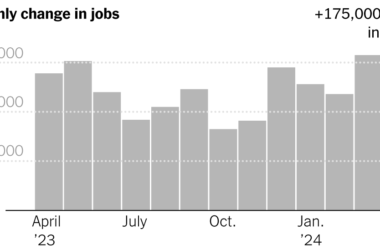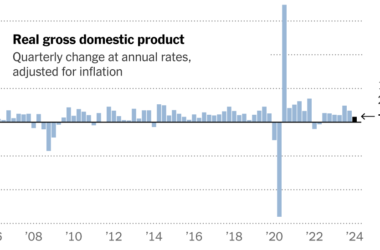As tensions escalate in the Middle East, the Biden administration is taking proactive measures to prevent a potential surge in global oil prices and, subsequently, American gasoline prices. Officials are engaging in discussions with major oil-producing nations, such as Saudi Arabia, to encourage increased supply. Additionally, they are collaborating with domestic oil producers to explore options for ramping up production. In extreme circumstances, President Biden may authorize the release of emergency crude oil reserves from America’s strategic petroleum reserve, which is stored underground in salt caverns near the Gulf of Mexico. These actions reflect the administration’s commitment to stabilizing oil prices and safeguarding the economy.
Despite the ongoing conflict in the Middle East, the impact on oil prices has been relatively muted. Currently, a barrel of Brent crude oil is trading at around $88 on global markets—an increase from earlier this month, but not yet significant enough to cause major concern. However, analysts and officials remain wary of escalating tensions leading to potential disruptions in oil supply from Iran or other key producers in the region. Such disruptions could trigger a more significant rise in oil prices.
Fortunately, American drivers have yet to experience significant price hikes at the pump. The nationwide average for gasoline currently stands at $3.54 per gallon, a decrease of 30 cents from a month ago and 25 cents from the same time last year, according to AAA. However, the administration is cognizant of the possibility that prices could surpass $5 per gallon—a level witnessed briefly in the spring of 2022. While President Biden was successful in mitigating rising prices last year, the effectiveness of similar measures may be limited this time around.
Energy experts attribute the potential challenges in combating rising oil prices to a failure to replenish the strategic petroleum reserve when prices were lower. This oversight could undermine the administration’s ability to effectively address the current situation. Amrita Sen, Director of Research at Energy Aspects, suggests that an overly optimistic outlook on future prices may have contributed to this oversight. Nevertheless, the Biden administration remains determined to navigate the complexities of the market and protect American consumers from exorbitant gasoline prices.




